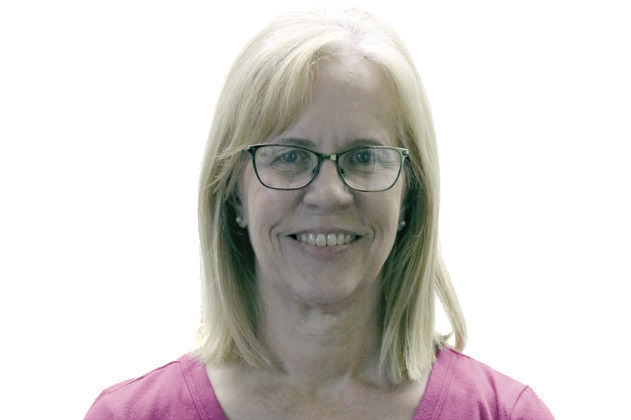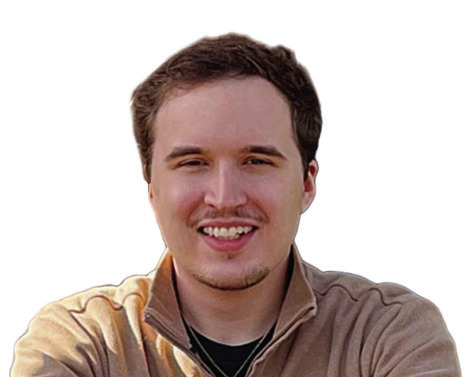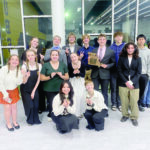The rain was falling with misty, unrelenting force as President Calvin Coolidge rose to deliver the greatest speech of his life. It was Monday, July 6, 1926, and the rain beat the president’s face as he stood before a crowd of 35,000 on the grounds of the Sesquicentennial Exposition in Philadelphia, the birthplace of American independence and constitutionalism. “Despite a fine drizzle, which became a heavy downpour,” The New York Times reported the next day, “the crowds patiently lined twenty miles of streets to pay their respects” to a man whose cool and quiet demeanor hid a patriotic intellect that could not be contained.
America at 150 years, Coolidge said, meant that the nation had successfully met the myriad tests of experience and proved to the world the intrinsic value of her highest ideals. Independence Day 1926 was not a day for new theories; rather, it was a day to “reaffirm and reestablish those old theories and principles which time and the unerring logic of events have demonstrated to be sound.”
As with earlier Americans— Abraham Lincoln and Charles Sumner, to name two great examples— Coolidge reminded his drenched but buoyant listeners that the Declaration of Independence meant far more than simply political separation and independence. “There is something beyond,” Coolidge said, “which has ever caused it to be regarded as one of the great charters that not only was to liberate America but was everywhere to ennoble humanity.”
A nation was not merely proclaimed. It was proclaimed on principles hitherto absent from the birth of any prior political experiment. “Great ideas do not burst upon the world unannounced,” the president said; they mature through trial, error, and, in Patrick Henry’s words, are formed by the “lamp of experience.” The Declaration contains “very definite propositions,” Coolidge explained: “the doctrine that all men are created equal, that they are endowed with certain inalienable rights, and that therefore the source of the just powers of government must be derived from the consent of the governed.”
The adoption of the Declaration is “an incomparable event in the history of government” because it gave birth to a nation “founded upon those principles” which, through the ages, have been “maintained” by people devoted to the spiritual rather than the material, to the realization of ideals rather than to a comfortable acceptance of unfulfilled promises. “In its main features the Declaration…is a great spiritual document,” Coolidge said. “It is a declaration not of material but of spiritual conception,” relaying truths which “were in the air that our people breathed,” making it at once both revolutionary and ordinary—in a word, “profoundly American.”
“About the Declaration there is a finality that is exceedingly restful,” Coolidge said. “If all men are created equal, that is final,” he said, listing the exact finality of the document’s core principles. “No advance, no progress can be made beyond these propositions,” and he who denies their truth or soundness, as had John C. Calhoun, Jefferson Davis, and Alexander Stephens years earlier, moves only backward “toward the time when there was no equality, no rights of the individual, no rule of the people.”
Coolidge sought to take his listeners backward in order to see the path forward, as Abaraham Lincoln had done at Independence Hall in February 1861, and as Martin Luther King, Jr. would do in the years to come. “Governments do not make ideals, but ideals make governments,” the president explained. “Equality, liberty, popular sovereignty, the rights of man—these are not elements which we can see and touch. They are ideals,” things worthy of our reverence, principles whose ultimate success in material terms requires our steady allegiance and action.
No free government can long exist, the Virginia Bill of Rights had declared in 1776, “but by a firm adherence” and “by frequent recurrence to fundamental principles.” Coolidge reiterated the notion, saying, “A spring will cease to flow if its source be dried up; a tree will wither if its roots be destroyed.”
The Declaration has a “moral power” that comes not from a kind of detached, atheistic, realist political theory alone, but from “great spiritual development.” There is no other theory “adequate to explain or comprehend” the significance of the Document, Coolidge concluded. “It is the product of the spiritual insight of the people,” ages past and ages to come. The gifts of science and technology and “of abounding accumulation of material things,” he added, “did not create our Declaration”— the latter created the former. “The things of the spirit come first.”
Almost one year earlier, on August 7, 1925, 20,000 members of the Ku Klux Klan—men, women, and children—marched through the main streets of Washington, D.C., reaffirming their commitment to white supremacy, segregation, religious intolerance, and a rigid nativism that had long been a lingering specter of the Red Scare of the Great War years.
Speaking in the following October, Coolidge, while not mentioning the Klan specifically, spoke of the need to reclaim first principles in light of moral decay in a litany of circumstances. “Let us cast off our hatreds,” he said, “[let us] look beyond the outward manifestations of race and creed.” Coolidge concluded: “We must turn aside from the thoughts of destruction and cultivate the thoughts of construction. We can not place our main reliance upon material forces. We must reaffirm and reinforce our ancient faith in truth and justice, in charitableness and tolerance. We must make our supreme commitment to the everlasting spiritual forces of life. We must mobilize the conscience of mankind.”
In July 1926 Coolidge reaffirmed his devotion to America’s ancient faith—a phrase, if we recall, first used by Lincoln in his 1854 Peoria speech, in which he also spoke of the need to maintain reverence for the doctrines of the Declaration of Independence. The result of grand moral insight, the Declaration was to Coolidge what it always was to Lincoln: “something beyond.” So it must be with us.
Dakoda Pettigrew is a senior political science and history undergraduate student whose father went to school in Cassville. He lives in Tennessee and can be reached at pettigrewdakoda6@gmail.com.






